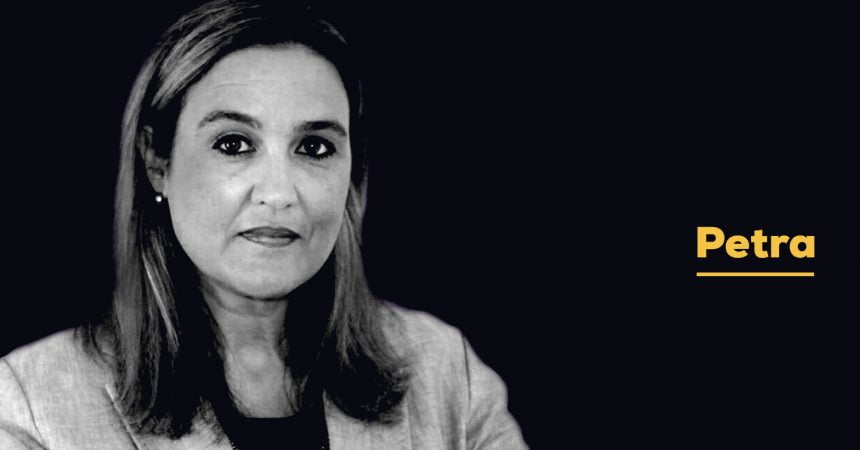We’ve heard this line before: as long as nothing manifestly illegal occurred, it is business as usual. Konrad Mizzi had used that argument on his Panama dealings as government minister, and we have heard it many times since.
We are on a slippery slope, as it is the dominant mentality in everything. In the granting of building permits, for instance, a proposal gets through as long as it ticks enough legal boxes. Planners ignore the bigger environmental picture and the developer can go ahead. And just look how the country has ended up.
Seeing how readily Maltese voters seem to accept this legalistic approach to right and wrong, it is no wonder that PN leader Adrian Delia and his inner circle follow the same method.
Delia has attempted to excuse the meeting held by MPs Kristy Debono and Hermann Schiavone with Yorgen Fenech of Tumas Group, also of 17 Black, by saying that the most important thing is whether they actually did anything wrong which could harm the PN’s position. I guess it all depends on what you mean by ‘wrong’. Moving with the times, Delia apparently means anything specifically illegal.
Debono and Schiavone pointed out that there was no official PN directive against holding such a meeting. In other words, it was not ‘illegal’ to ask Fenech for sponsorship and therefore this ‘error of judgment’ is excusable. People might hope for the bar to be raised higher by the PN; but there you go, this is the state of the nation.
The reality is that there are far too many Debonos and Schiavones in Maltese politics across the board. Plenty of them. And with too many errors of judgment, and questionable standards of political behaviour. There is almost nowhere left to turn.
Ultimately, if all that politicians will respond to is the letter of the law, then that is how standards must be raised. For a start, political parties must be weaned off excessive reliance on donations from private sponsors. They cannot be expected to run on thin air, but they could be more independent if provided with an element of State funding.
But this must also come with transparency and stricter rules about donations, including sponsorships in kind. Other countries have tried various models of political party funding. An open discussion is overdue on which model could fit the Maltese system best, and how to improve this mess.
Our current political system is rotten to its core. It can never be cleaned up as long as private interests continue to bankroll it.
The abuse of power means favours – which are not necessarily illegal. Politicians have the power to introduce laws or policies, or to influence decisions, which benefit themselves and their circle more than the rest of the public. A strong system of checks and balances must therefore be in place. This forms the bedrock of democracy. Unfortunately, the government has instead rolled some checks back.
One change in the law introduced by this government has not received as much comment as it should have. This change has enabled members of parliament to hold Board positions on government authorities and agencies. As a result, politicians form part of Boards meant to act autonomously.
For instance, as the permits for the LNG tanker at Delimara were being processed, one of the main concerns was health and safety. But when environmental NGOs and others attempted to address their concerns on this major government project to the supposedly autonomous and impartial regulator, the OHSA, they found that a sitting member of parliament had been appointed as its chairman.
I am not implying that the OHSA or the MP personally did anything wrong. The point is that this direct political involvement undermined public trust. Why was it necessary? Politicians and regulators are not interchangeable. Appointing MPs to lead public agencies and authorities is bad practice from start to finish.
Just because it is not illegal does not make it right. This law should be tightened up again immediately, but as it benefits our legislators, the MPs themselves, they will not stick out their necks to do so.
So-called ‘errors of judgment’ can also undermine public trust. Did Debono not sense the dark shadow of 17 Black hovering above her like a political stormcloud, as she walked into Fenech’s office at Portomaso? How could Schiavone possibly forget that MPs and MEPs from his own Party have been calling for more investigation into 17 Black?
Did they not care? Did they really think it was ok? Was anything else discussed at this meeting besides the conference room? This incident may not seem such a big deal to some, but still it reveals a lot. Thankfully we have journalists to shine a light beneath the political surface. No wonder those with things to hide would love to stamp out the media.
petracdingli@gmail.com












